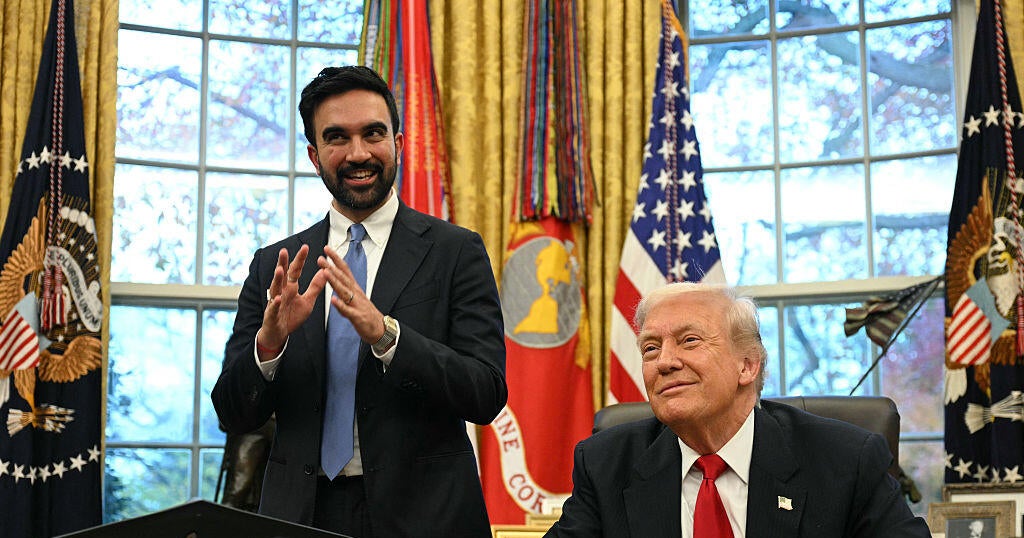- 39 Posts
- 1.97K Comments

 2·2 days ago
2·2 days agoproof that their flesh is only held together by their immense psychic powers :)

 4·2 days ago
4·2 days agoAlso, is the river still the same river when it carries entirely fresh water?

 2·2 days ago
2·2 days agoIf any clone of you has a predetermined role, doesn’t that apply to yourself too? Since you’re the original clone
 41·4 days ago
41·4 days agoActually, i’ve considered that economic justice automatically leads to social justice.
Consider this: In the US, lots of things are heavily looked down upon, such as having sex before marriage (if you are in the unfortunate situation to have grown up in a christian area), but if you can earn money with it (e.g. onlyfans), your parents/neighbors might let you get away with it. After all, if you’re making money with it, surely you must be doing something right. Money rules, after all.
This is an example where economic prosperity actually leads to social liberty. It’s messed up, but i’ve actually seen this example happen. It might work.
yeah makes sense to me :)
even if it weren’t trolling, saying “you’re wrong” and providing no argument whatsoever, is not a very convincing way of saying something.
wow that’s pretty cool!
 11·5 days ago
11·5 days agocontinue to have a legal system based on wordplay
that’s exactly what we’re actually having today. i think the term for that is legalism, i.e. deciding what is right and what is wrong based on what is written in the law, without considering anything else like context or subjective opinion of the judge.

 1·5 days ago
1·5 days agoof course i know the kabbalah, but what does it have to do with the current context? (reads my previous comment) ooh
 21·5 days ago
21·5 days agoNo companies over 100 million in revenue. Every single one gets split.
I think this is a simplistic view. Sure, it would help, but not much, and only temporarily.
Because then the next thing that happens is that you have shell companies, indirect usage contracts, and a lot of messed up complicated complex systems to circumvent the rules. I mean, that’s already what’s happening, if you consider how companies avoid taxation by shuffling money abroad, but it could be even worse.
I think that the fate of a country, or (avoiding the term “country” because it’s too closely related to Nationalism) region or group of people is largely dependent on the nature and quality of the people and their ability and more important willingness to do good for the group. Like, if you have assholes in your society, no matter what law you come up with, assholes will always find a way to enrich themselves by fucking up society. No rule can prevent that. You really just need well-meaning people at the top to make rules and decisions. That’s not something you can avoid by just implementing a different rule-book, because who makes sure these rules are actually followed? You need people for that too, and there it starts being a circular problem. I think.

 31·6 days ago
31·6 days agoI’ve been thinking about this a lot.
Not everybody trusts what’s written in the textbooks. And it’s actually likely that things have to be proven over and over again for some people to actually believe it. That means that there has to be a continuous flow of “bad examples” to incentivize learning how to prevent them. It might not actually be avoidable.

 9·6 days ago
9·6 days agoAh, yes, I agree. It’s definitely the four humors
I think for these people it’s probably less the four humors and more “your personal soul that’s judged by god” or sth like that.

 31·6 days ago
31·6 days agoHumans have supplanted natural selection [with modern medicine]. Evolution will not fix this.
It might still if you refuse to go to the doctor.
Apart from that, the majority of evolution today happens through sexual selection: The potential partner that appears fitter is chosen and reproduces, it’s not necessary for the less-fit potential partner to die.

 71·6 days ago
71·6 days agoI had read a conspiracy theory somewhere that “freebirth” is all about being “anti-establishment”.
In this picture, everything that has to do with the federal government (including being a “certified” medical personal) are seen as being “top-down”, and it’s “seeking independence” to reject that. That’s why they don’t even want any medical professional to see the baby, because they’re worried that the baby is going to be implanted a chip to make it adhere to future state ideology or sth, and that can only be avoided by basically giving birth at home and not even telling the state that a pregnancy is about to happen (so they can’t forcefully transfer the woman to a hospital), so there’s a bit of secrecy about it too.
Personal comment/interpretation: I mean, it’s interesting to watch how these ideas of “anarchy” and “self-determination” unfold here. It’s very interesting to see how the same idea of “wanting to be independent” can manifest itself in completely different, and often opposite, ways. It’s like if somebody told you that the establishment is bad, and you’ve heard these words your whole life, how do you know it’s not true? How do you go to a hospital if everybody around you is wary of that and says they might want to poison you or idk what? How does a medical system (that is financed by the state) build the trust that it is actually safe to go there? How do you reach the people that don’t know you yet?

 2·6 days ago
2·6 days agois another bad guy with a nuke? because what could possibly go wrong

 6·6 days ago
6·6 days agoyou’re expected to be grown up and mature by 18 which is impossible because you could never make any experiences at all
you can’t drive anywhere if you grow up in a rural area and your parents refuse to drive you anywhere (happened to me, mum only let me see that one kid from rich parents to socialize because she wanted me to “grow up in good neighborhood” - needless to say, it didn’t work out and we don’t have contact anymore).
yeah, i think it’s possible to split U-238 with fast protons. but the reproduction factor (how many new particles are emitted for every particle that you used to start the reaction) is smaller than 1, so it can’t explode that way.

 2·7 days ago
2·7 days agothis diagram feels like the type of knowledge that is so powerful that it is forbidden


 2·7 days ago
2·7 days agolol
They insist that one of my parents must be Jewish and I’m just in denial or something.
u know that exact thought came to me so many times. That some of my grandparent must be jewish because … idk it’s just a vibe.












i think the reason for that might be that some native communities actually use the same animal for multiple products, i.e. using sheep for their wool but also for their meat.